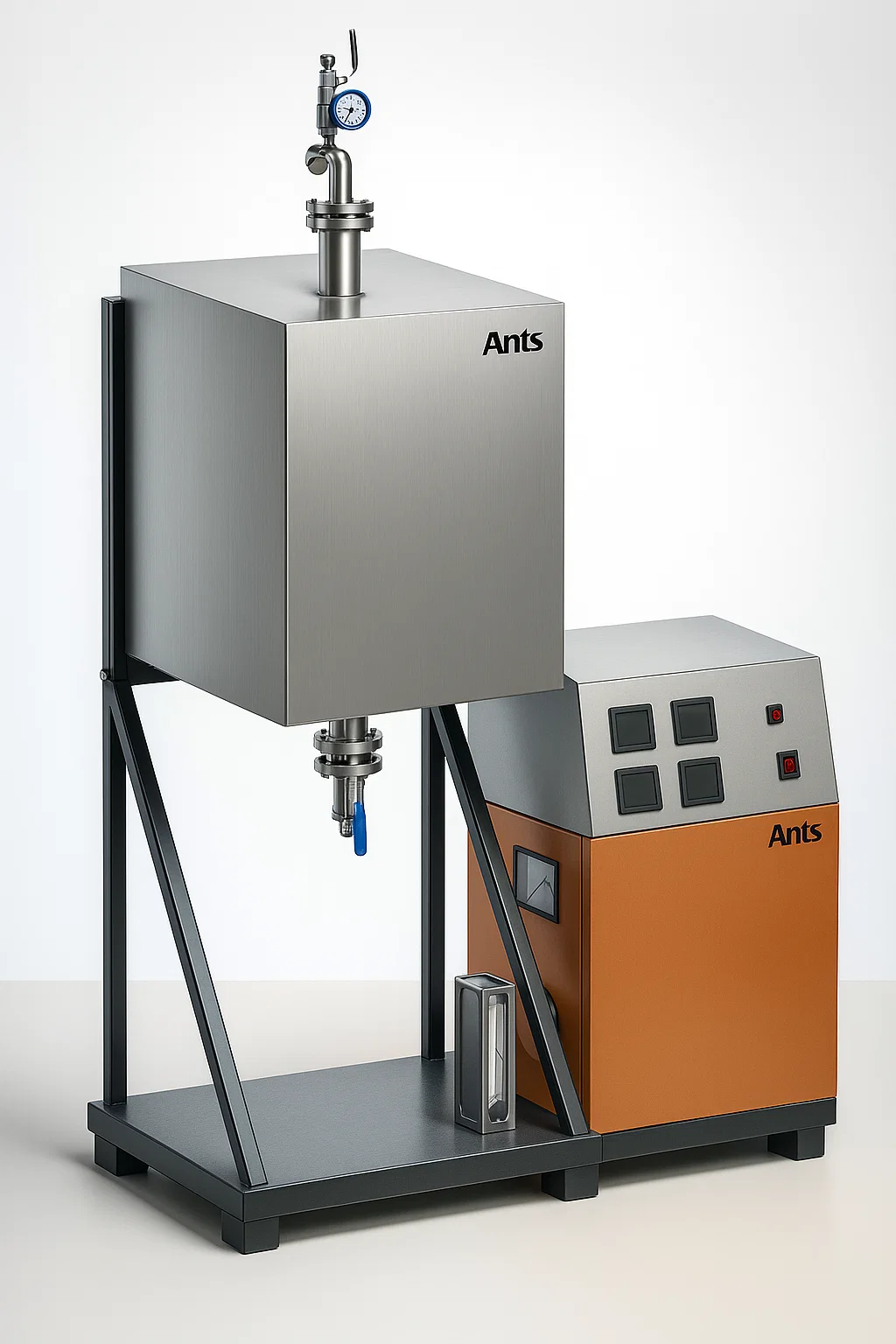Fluidized Bed Furnace

Fluidized Bed Furnace
A Fluidized Bed Furnace creates a fluid-like state by suspending solid particles in a uniform stream of gas, ensuring excellent heat transfer, precise temperature control, and homogeneous processing. Designed for applications ranging from ore beneficiation to thermal decomposition and combustion studies, this furnace is a versatile platform for industrial and research use.
How It Works
The furnace operates by introducing gas or air through a distributor plate at the base of a chamber filled with granular materials (e.g., sand, metal powders, or catalysts). This upward gas flow fluidizes the bed, turning the solid particles into a highly uniform, dynamic heat transfer medium. The result is an ideal environment for consistent temperature distribution, rapid heating, and excellent mixing.
- Operating Temperature: 750°C to 1600°C
- Heating Method:
- Lab-Scale: Electrically heated external walls
- Industrial Scale: Compatible with solid, liquid, and gaseous fuels
- Gas Distribution: Precision-designed gas manifold and plenum for uniform pressure and flow
- Temperature Uniformity: Superior due to constant mixing of bed particles
- Control Interface: Optional PLC/HMI with data logging and recipe programming
- Ore Beneficiation – Refractory-grade iron ore processing
- Thermal Desorption & Pyrolysis – Treatment of waste or contaminated solids
- Calcination & Reduction – Of minerals and metal oxides
- Combustion Studies – Biomass, coal, or alternate fuels
- Material Coating & Surface Modification – Via vapor-solid interaction
- Waste Incineration & Gasification – With emission control
- Efficient Heat Transfer – Due to continuous particle movement
- Uniform Processing – Prevents hot spots or thermal gradients
- Fuel Versatility – Biomass, waste, low-grade coal, gases
- Compact, Scalable Design – Adaptable for pilot or production setups
- Lower Emissions – As compared to conventional combustion systems
